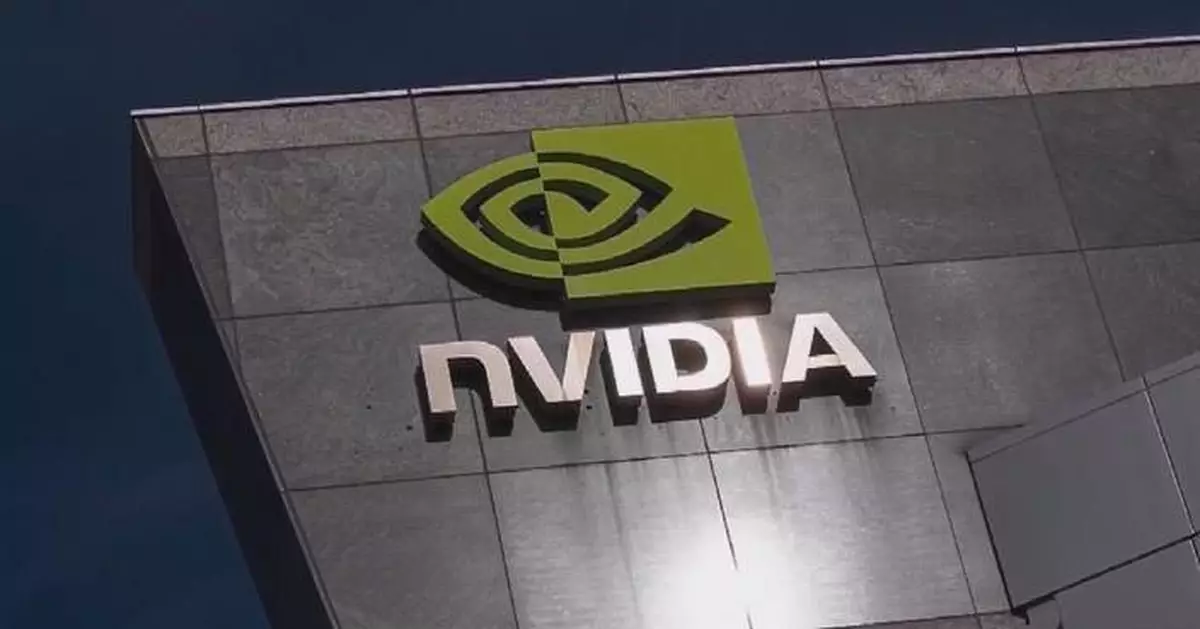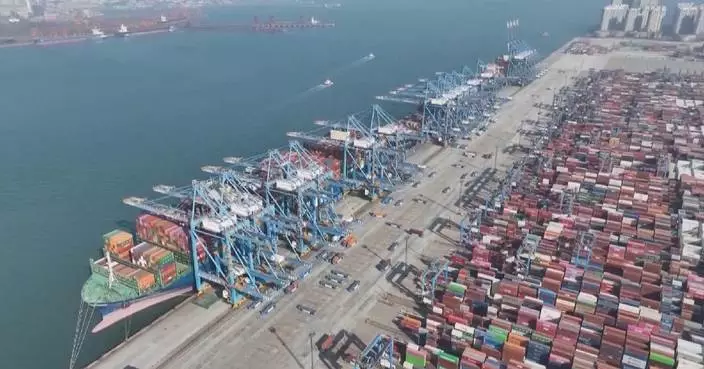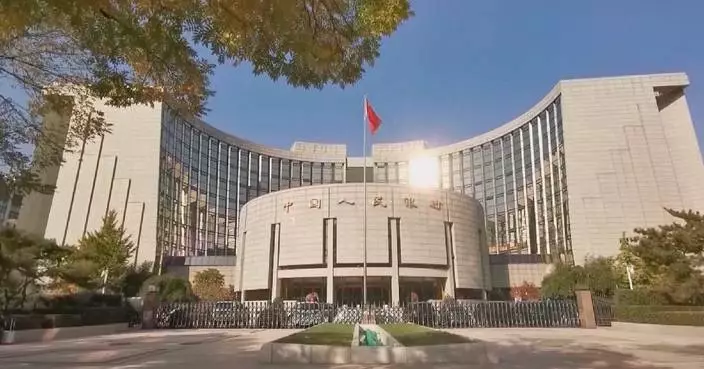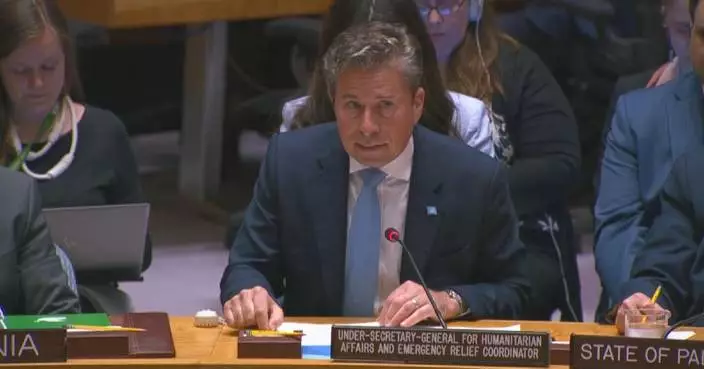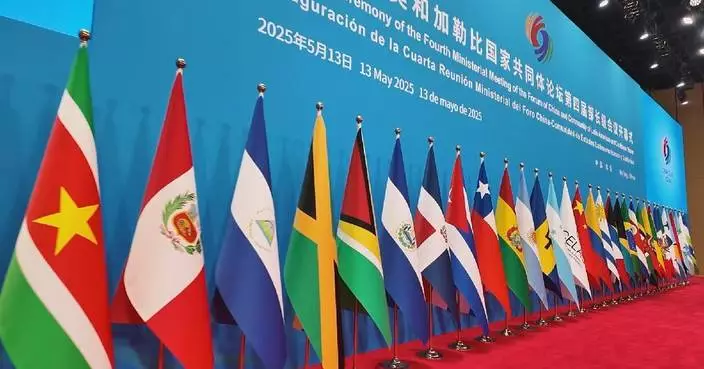The stock of the U.S. chip giant Nvidia plunged 16.97 percent on Monday, wiping out nearly 600 billion U.S. dollar in market value, with analysts attributing the decline to the rise of the Chinese AI startup DeepSeek.
The drop in Nvidia's stock marked the largest single-day market value loss of a company in U.S. history.
Nvidia's sharp decline sent shockwaves through the market, with the technology-heavy Nasdaq Composite dropping 612.47 points or 3.07 percent to close at 19,341.83.
Analysts cited the latest breakthrough by the Chinese AI startup DeepSeek as the core reason behind the U.S. stock market turbulence.
In late December, DeepSeek released the hybrid model DeepSeek-V3, whose evaluation scores in multiple tests have surpassed open-source models such as Llama-3.1-405B, and its performance is comparable to the world's top closed-source models GPT-4o and Claude-3.5-Sonnet. In addition, DeepSeek-V3 is more cost-effective.
On the opening day of the World Economic Forum (WEF) 2025 Annual Meeting, DeepSeek released its latest open-source model DeepSeek-R1, which has achieved an important technological breakthrough - using pure deep learning methods to allow AI to spontaneously emerge with reasoning capabilities.
In tasks such as mathematics, coding and natural language reasoning, the performance of this model is comparable to the leading models from heavyweights like OpenAI, according to DeepSeek.
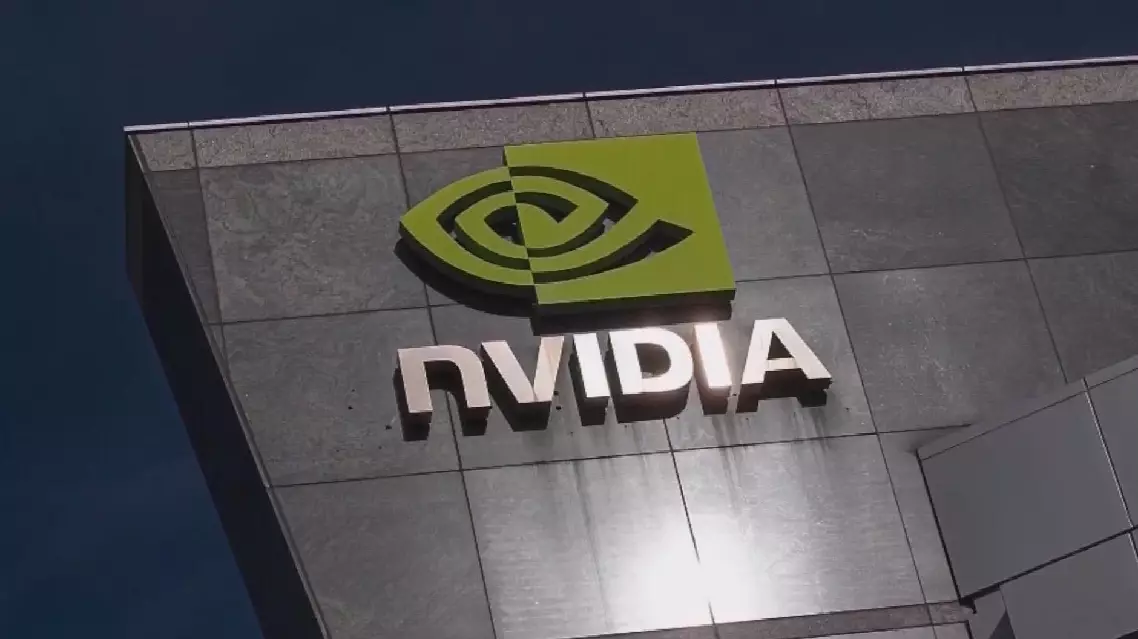
Nvidia stock falls nearly 17 pct as Chinese AI startup DeepSeek grows
The agreement between the U.S. and China to mutually reduce additional tariffs has encouraged Brazil to defend its sovereignty and negotiate for reasonable tariffs, said Brazilian President Luiz Inacio Lula da Silva during his recent state visit to China.
Following a two-day high-level meeting on economic and trade affairs in Geneva, China and the United States announced Monday a series of tariff modification measures aimed at easing trade tensions between the world's two largest economies.
During a press conference on Wednesday in Beijing, Lula voiced his appreciation of the U.S.-China tariff cut, and vowed to pursue reasonable tariffs with the U.S. through negotiation and other means.
"Since the 1980s, globalization has been a keyword, and so is free trade. Suddenly some people believe they have the authority to impose taxes on everyone and everything without consent as if they control the world. However, the reality is that the world is not obligated to accept such actions," said Lula.
"Recently, we've seen a positive shift. The U.S. and China have reached an agreement, resulting in lighter taxes than before. This demonstrates the importance of defending our sovereignty. Brazilian officials know that we hope to negotiate with the U.S., and I urged them to utilize every term in our vocabulary related to 'negotiation'. But if we cannot reach an agreement, we will take reciprocal measures or appeal to the WTO to advocate for our rights. In this way, we will help create a more balanced world and ensure fairer trade among all nations," he said.
Lula paid a state visit to China on May 10-14 at the invitation of Chinese President Xi Jinping.
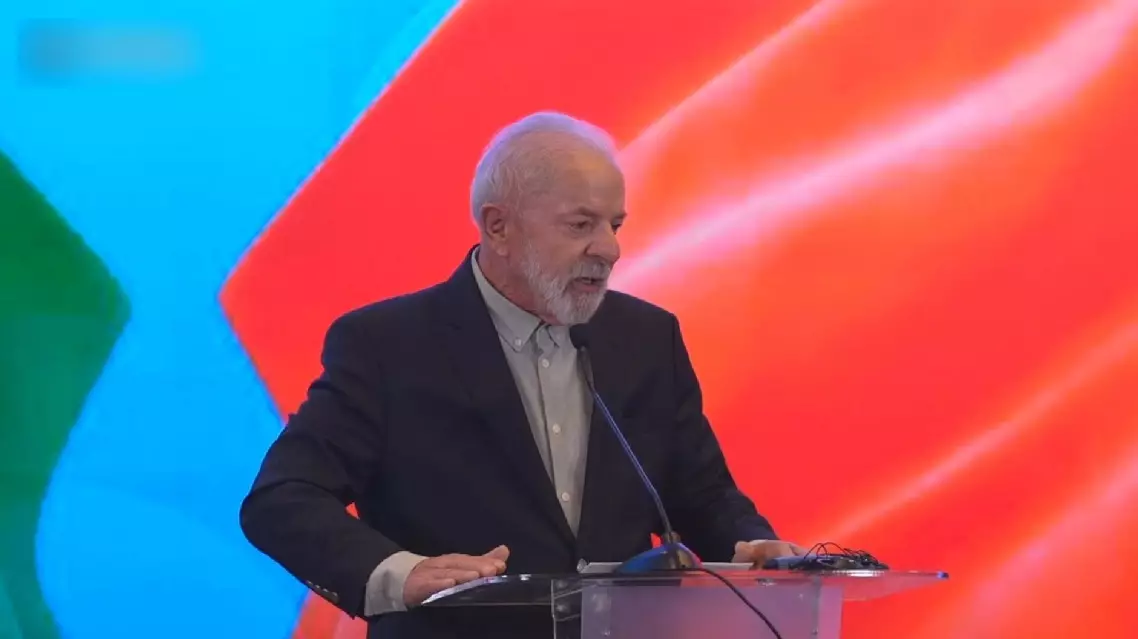
Brazil encouraged by US-China tariff cut to seek fair tariff negotiations: president



